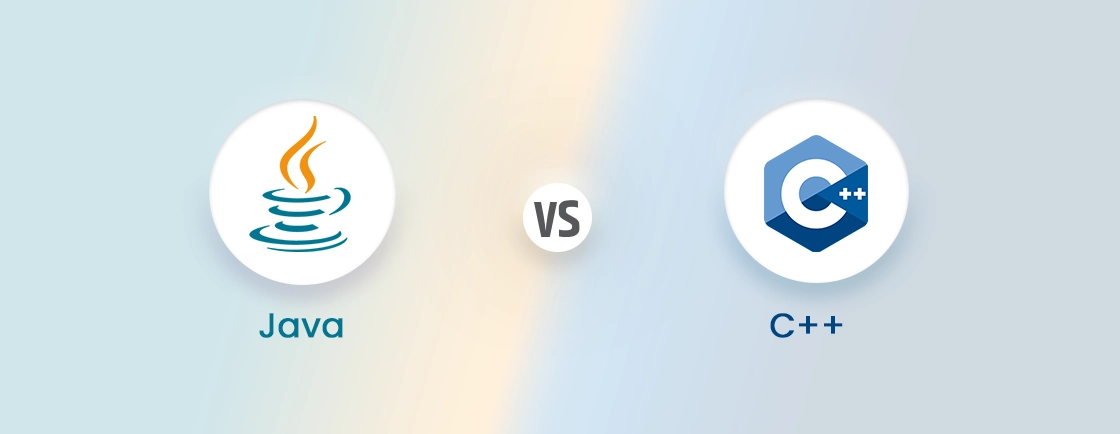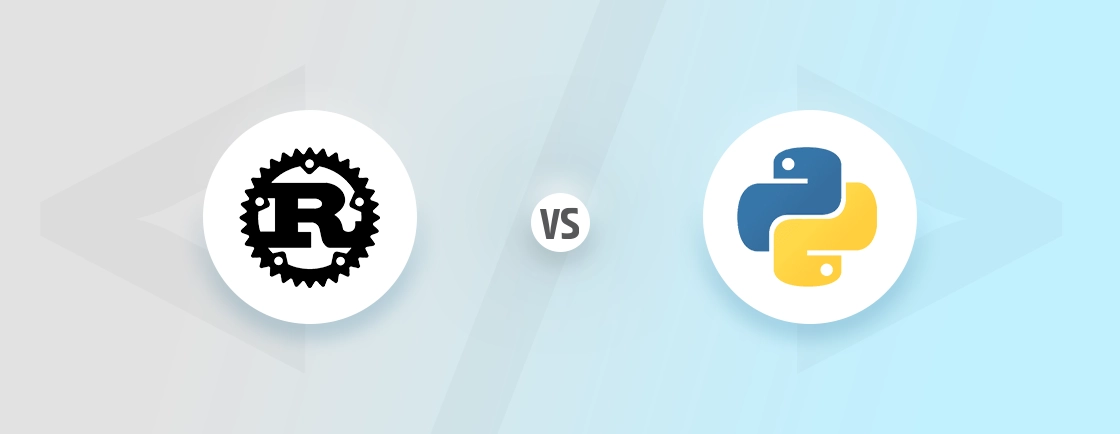Table of Contents
Businesses have increasingly started to turn to digital solutions for employee training and development. Learning Management Systems (LMS) have become essential tools for streamlining learning and performance management.
For a company looking to train its workforce, improve compliance, or enhance employee skills, an LMS simplifies the process of managing and delivering training content. But with various options available, choosing between a cloud-based LMS and a self-hosted one can be challenging.
Cloud vs Self-Hosted LMS: Comparison Table
| Feature | Cloud-Based LMS | Self-Hosted LMS |
|---|---|---|
| Hosting | Hosted on the provider’s servers | Hosted on your organization’s own servers |
| Setup & Installation | Quick and easy setup with no need for technical expertise | Requires more effort and technical knowledge for setup and configuration |
| Customization | Limited customization options | High level of customization and flexibility |
| Maintenance | Managed by the vendor (automatic updates and backups) | Managed by your team (manual updates and backups) |
| Scalability | Highly scalable with minimal effort | Scalability requires additional hardware and resources |
| Cost | Subscription-based (lower initial cost, ongoing fees) | Higher upfront costs (software, hosting, hardware), lower long-term cost |
| Security | Managed by the provider (security protocols in place) | Full control over security and data privacy |
| Access | Accessible from any device with internet connection | Requires internal network or VPN for access if hosted internally |
| Technical Skills Needed | No technical expertise required | Requires technical skills for setup, maintenance, and troubleshooting |
| Updates & Upgrades | Automatic updates handled by the vendor | Manual updates handled internally |
| Support | Vendor support available | Internal support or outsourced to a third party |
| Data Control | Data is stored on the provider’s servers | Full control over data storage and management |
| Compliance | May meet general compliance standards (depending on the provider) | Full control to ensure compliance with industry-specific regulations |
Cloud-based LMS is easy to set up, scalable, and managed by the provider. But, it offers limited customization and ongoing subscription costs.
Self-hosted LMS gives you full control over customization, security, and data. But, it requires more technical expertise and higher upfront costs. Both options have trade-offs in terms of control, cost, and maintenance responsibilities.
Cloud-Based LMS: Overview
A cloud-based LMS (also known as SaaS, or Software as a Service) is hosted on the vendor’s servers. This means the software and all of your data are stored in the cloud, and users can access it via the internet. The vendor takes care of all the technical aspects, including updates, backups, and security.
Popular examples of cloud-based LMS platforms include MoodleCloud, TalentLMS, and Docebo.
Key Benefits of Cloud-Based LMS:
- No Technical Expertise Needed: The vendor handles hosting, maintenance, and security, so no IT team is required.
- Scalability: Cloud-based LMS easily grows with your needs—just pay for what you use and upgrade when needed.
- Access Anytime, Anywhere: Access the LMS from any device with an internet connection, ideal for remote teams.
- Automatic Updates: The provider manages updates, bug fixes, and security, ensuring your system stays current and secure.
- Lower Initial Investment: Cloud LMS has a subscription model, so you avoid large upfront costs and pay smaller, ongoing fees.
Simply put, choosing cloud-based LMS offers easy setup, scalability, remote access, automatic updates, and lower upfront costs through a subscription model.
Self-Hosted LMS: Overview
A self-hosted LMS is installed on your organization’s own servers or infrastructure. With this option, your IT team manages everything – from hosting the system, to handling updates, security, and backups.
Some examples of self-hosted LMS platforms include Moodle (when hosted on your own server), JoomlaLMS, and LearnDash (when hosted on WordPress).
Key Benefits of Self-Hosted LMS:
- Complete Control: Full access to source code for customizations, design changes, and system integrations.
- Lower Long-Term Costs: Higher initial setup costs, but lower ongoing expenses for maintenance and upgrades.
- Data Security: Store data on your own servers, giving you full control over security and privacy.
- Customization: Self-hosted LMS allows extensive customization to match your exact needs.
- No Vendor Dependency: You control updates, maintenance, and uptime without relying on third-party vendors.
In essence, self-hosted LMS provides full control over customization, data security, and updates, with lower long-term costs despite higher initial setup. If you’re looking to build an LMS from scratch with specific features for your needs, a self-hosted solution is the way to go.
What To Consider When Choosing Between Cloud and Self-Hosted LMS?
When choosing between a cloud-based and self-hosted LMS, consider these factors to make better choice:
Budget
If you’re working with a limited budget, a cloud-based LMS may be more affordable in the short term due to lower upfront costs. However, if you have the resources and are looking to save in the long run, a self-hosted LMS may be a better investment.
Technical Resources
A cloud-based LMS is a great choice if you don’t have the technical expertise to manage a server or handle complex setups. If you have an in-house IT team or plan to hire external experts, a self-hosted solution can provide more customization options.
Security and Compliance
If you’re handling sensitive data, such as personal information or financial data, a self-hosted LMS gives you more control over security protocols. However, many cloud providers have high security measures in place, so this isn’t always a deal-breaker.
Scalability Needs
For organizations expecting rapid growth or frequent changes in user numbers, a cloud-based LMS is generally more scalable and flexible. Self-hosted systems may require more effort to scale effectively.
Customization
If your organization requires a highly customized LMS, a self-hosted option may be the best choice. Cloud-based LMS solutions offer customization to a degree, but the flexibility of a self-hosted system is unmatched.
These factors will help you understand your business requirements and make it easier for you to choose the right LMS for your business.
Cloud vs Self-Hosted LMS: Which One to Choose?
Choosing between a cloud-based and self-hosted LMS depends on your organization’s needs, budget, and resources. We recommend to:
Choose a Cloud-Based LMS If
You want an easy set up that requires no technical expertise and is accessible from anywhere. It’s a great option if you have a limited budget and don’t want to worry about updates or maintenance. However, keep in mind that it may offer fewer customization options, and you’ll have ongoing subscription costs.
Choose a Self-Hosted LMS If
You need more control over the system, including customization, data security, and integrations. It’s ideal for organizations with a technical team and the resources to handle setup and maintenance. Though the initial costs are higher, self-hosted LMS can be more cost-effective in the long run and gives you full control over your system.
The choice depends on what works best for your organization’s size, technical abilities, and goals.
Final Thoughts
Choosing between a cloud-based and self-hosted LMS depends on your organization’s specific needs, resources, and goals.
Cloud-based LMS offer ease of use, scalability, and lower upfront costs, making it ideal for businesses with limited technical resources. Self-hosted LMS on the other hand provides greater control, customization, and data security, making it suitable for organizations with the technical expertise and resources to manage it.
Considering your budget, technical capabilities, and long-term goals will help you make the right choice. If you’ve still got any doubts, consider opting for our LMS Development Services to get expert assistance. Contact us today!
FAQs on Cloud vs Self-Hosted LMS
What is the difference between self-hosted LMS and SaaS LMS?
A self-hosted LMS is managed on your own servers, offering full control over customization, data, and maintenance. In contrast, a SaaS LMS is hosted by a third-party provider, requiring no technical expertise but offering less control over customization and data management. It’s easy to set up and scalable.
Can we run LMS in Open Cloud?
Yes, an LMS can be run in an open cloud environment, but it requires proper configuration, security measures, and support to ensure smooth operation and data privacy.
What type of cloud service is LMS?
An LMS is typically offered as a cloud-based service through either SaaS (Software as a Service) or IaaS (Infrastructure as a Service), where the provider hosts the software and infrastructure on their servers.
Compare the best tech side by side.
Our in-depth comparisons help you see features, pros & cons, and choose the right tools confidently.





